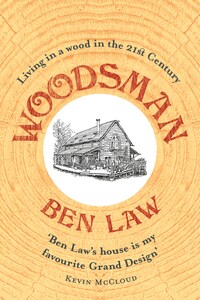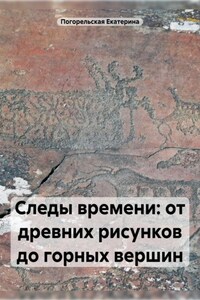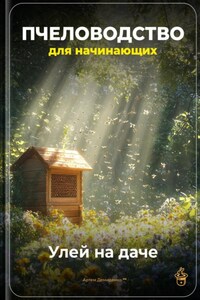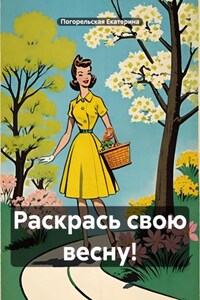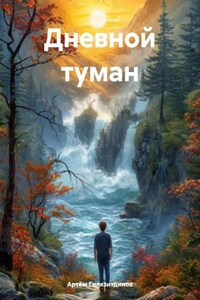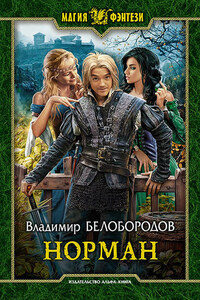‘I know this place. I belong.’
I am standing within this place I know as Prickly Nut Wood, and deep from within my belly I send a deer bark, throaty with a characteristic rasp. I emit it with focus and penetration in response to a roe stag who challenges my territory.
Such behaviour might sound strange or perhaps alarming, yet I belong here not just as a human being amongst other human beings but as a mammal amongst the inhabitants of this forest.
I have been living within Prickly Nut Wood for twenty years now and I can make the bold statement ‘I know this place’ through my learning and observation of this environment. It has taken twenty years and I will know it better in another twenty. ‘I belong’ comes not purely from the passage of time but also from my integration into the world of this forest. As a forest dweller and dominant mammal, I have immersed myself in the heartbeat of this woodland, its diversity and seasonal changes, and have acquired an altered sense of time and a deep knowledge of the detail of the landscape.
* * *
My early years here were quiet and luxurious, allowing me time for observation and reflection. My first dwelling, a simple structure built from bent hazel sticks and canvas, nestled discreetly within the forest flora. I was new to this world – I arrived, listened and observed, absorbing my new surroundings. I had neither radio nor telephone, nor any form of communication with the world beyond Prickly Nut Wood, save my own legs to carry me away from it for provisions and occasional human contact.
There was no road or track into Prickly Nut Wood. I would walk in along a footpath that twisted through steep banks of beech and yew and passed visible remnants of small earth banks that once enclosed the field system of people now long departed. Each bank, rich in mosses and ferns, and the occasional remains of a sandstone wall, can be made out along the pathway. The footpath climbs up into heavier soils, where the beech gives way to oak and sweet chestnut, and after winter rains the path too becomes heavy underfoot. My first journey is challenging – I look for obvious landmarks, a big oak here, a fallen chestnut there. These are the signposts that will help me find my way in and out of my chosen world.
As time passes the path becomes familiar. I notice smaller trees, subtleties on a stone half hidden in the wood bank; a wren building its mossy nest in a crevice in a chestnut stump becomes familiar, and as I walk back and forth I observe its busy life being acted out for me, its sole audience. I listen out for the chicks and watch the continual supplies of food being flown into the moss-lined hole, as if the bird were a pilot dropping food parcels in time of famine to desperate, waiting human beings. One day as I pass by, all is quiet. The wrens have fledged and departed. Was I the only person who knew of their whereabouts?
By now the large trees that were once my signposts are in the background. I am aware of passing them but no longer need their reassurance for my sense of direction.
Where the footpath borders Prickly Nut Wood, the escarpment is steep and falls away into the labyrinth of forest tracks amongst the dense coppiced sweet chestnut of the wood. I attached a rope at the top in the early days to help me scramble up and down the hill, as at that time it was my only way in. Over the years, I have carved out steps and my days of sliding through a muddy river cascading down the hillside are past, but the sense of adventure and the feeling of being totally alive in the woodland world as I make my way back instinctively to my home have not disappeared.
The Great Storm of 1987 swept through Prickly Nut Wood but the hill to the south-west helped baffle many of the areas of coppice from the power of the wind and only some of the taller trees were uprooted. The coppice stems, more flexible on their sturdy stumps, could blow and spring back again. One large sweet chestnut that was uprooted by the storm continues to grow in the way that chestnut will, sending up vertical stems from what was once the main stem, which now lies horizontal across the woodland floor. The new shoots have grown up and lean forwards towards the light, creating a canopy. It was under this canopy that I lit my first fire in the wood.
This fire marked my arrival and I stayed with it until the last of the day had gone. Curled up on a March evening around the embers, I listened for the first time to Prickly Nut Wood at night. The woodland awoke as the darkness drew in, and I heard the hooting of a tawny owl, followed by the familiar ‘kee-wick’ note resonating crisply in the chill of the evening. Soon there was a cacophony of owls conversing with one another, filling the wood with their invisible presence. After some time it stilled to a momentary silence. I could hear my gentle pulse of breath. Then, a scurrying and rustle of the leaves. I now recognise the sound of a mouse on chestnut leaves in March, but twenty years ago it was unknown to me, and it was near. It was followed by a crackle and a noise that made me freeze – a roe stag let out its territorial bark, deep and primal, and then the scraping and stamping of its hoof. I felt vulnerable, a horizontal figure wrapped around the glowing embers of the fire. I was within the territory of another and felt as a trespasser must feel when confronted by an angry landowner, shotgun in hand. The next bark resounded further away, and I relaxed my breathing and allowed my eyes to close once again.
